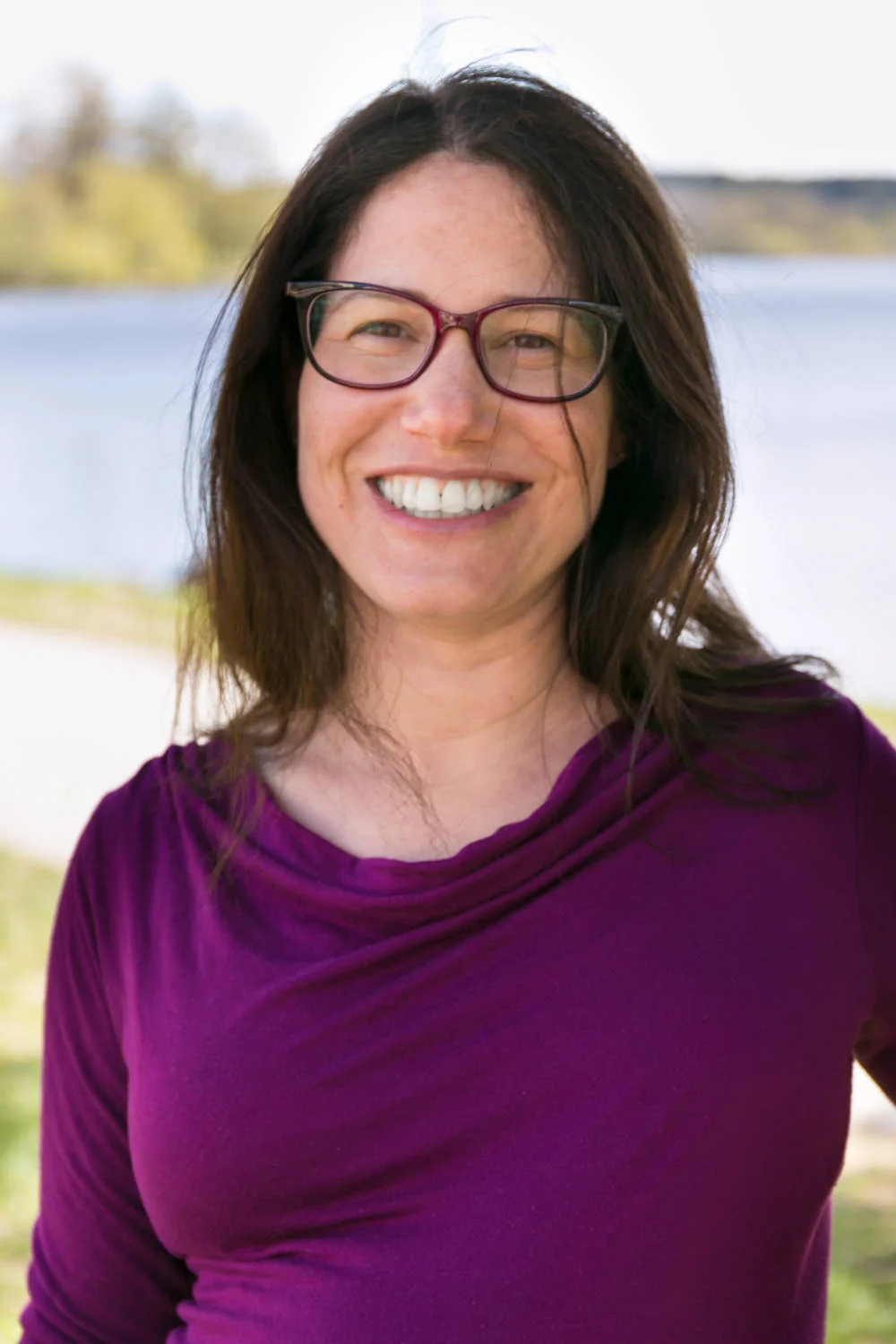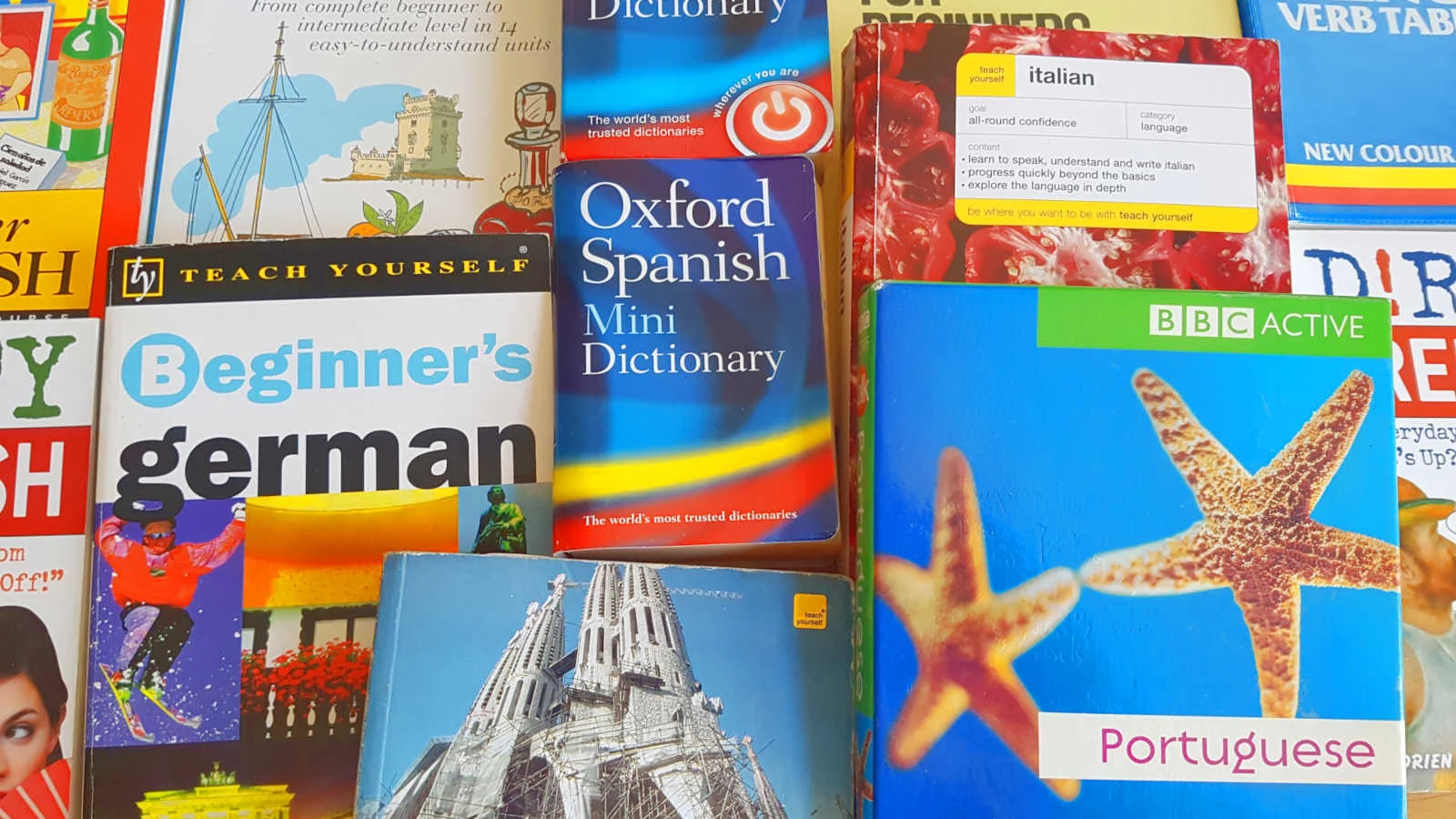This article is about students who are reading and writing in a second language. I will talk about two main groups that are relevant from bilingualism point of view:
Young children who are learning to read and write for the first time in their lives in a second language
Most of us probably cannot remember learning to read and write. Once we have mastered these skills, we probably don’t think about how complex this process is. Learning to read and write in a language parallel to learning it can make the process even more challenging.
Luckily, in countries like Sweden, formal schooling doesn’t start until children are 6-7 years old and are cognitively ready to master these skills. Many children have the opportunity to attend preschool for a few months or years where they can develop their language skills before learning to read and write.
If this is not the case, children are learning reading and writing parallel to learning the new language. In this situation, it is important for the parents (and teachers) to have realistic expectations of the children. Both learning a new language and learning how to read and write are hard work on their own.
Follow some of the tips below so that reading and writing becomes a joyful and rewarding experience:
-
Develop language skills before learning to read and write
If this is not possible, prioritize language skills by talking about the process of reading and writing.
-
Focus on pre-reading and/or pre-writing skills
These skills include understanding the story line, looking for clues in the text, making hypotheses before reading, and brainstorming ideas for writing.
-
Model reading and reading strategies
Seeing the parents or older siblings read books can be motivating. Then talking about your reading strategies can be really helpful.
-
Aim at overall understanding rather than decoding
Discuss the topic of the book and ask post-reading questions in your home language. You can also make a connection to other books that you know in the home language.
Children/young adults who already know how to read and write in their home language and later learn how to read and write in a second language
This group already has literacy skills and some academic experience in their home language. In certain ways they are lucky, because they have a strong(er) foundation to build on. On the other hand, they need to meet higher expectations coming from teachers, parents, peers, and from themselves.
I have seen many high-achiever students becoming frustrated by not being able to express themselves in speaking and writing because of their limited language skills. This is especially true from upper-elementary school up, since students use their reading and writing skills to access learning in all the other subjects.
Having a strong home language literacy as a base increases:
- the speed of learning the second language
- the likelihood of keeping the home language (especially if children keep up reading and writing in the home language)
- the chance that possible learning difficulties are not masked by the language learning process (i.e. if a child has no academic difficulties in their home language, learning in a second language shouldn’t cause a big problem in other subjects)
Here are some tips to support your child:
- If your child is learning about a certain topic e.g. in science, read books or articles on the topic both in the school language and in the home language.
- Let your child choose books based on their interest in the home language.
- Be patient, because developing reading and writing skills in a new language takes a while. Especially if they are learning a new alphabet, too.
- Keep in mind that the academic expectations are increasing by age, so children will need to bridge a wider gap to be up to speed.
To sum it up, children will eventually learn to read and write in another language no matter when they start. Contrary to the myth that the sooner children are immersed in a second language, the better literacy skills develop faster if there is a strong foundation in the mother tongue to build on. Parents can support their children a lot by understanding the complexity of the process and having realistic expectations towards them.
Do you need additional support?
Do you have a specific question or problem that you would like to discuss?
Take a look at my services and contact me so that I can see how I can help.

Bio
Vera Angyal is an ICF ACC coach. She has over 20 years of experience as an international educator and has been teaching in Sweden since 2016.
She holds a Master’s degree in English Literature and Linguistics, a Bachelor’s degree in Teaching English as a Foreign Language, and she is a certified Solution-focused BRIEF coach. She speaks four languages and has worked with dozens of international families over her career.
Her interest is in applying a solution-focused mindset to improve communication and collaboration in schools for educators. She also works with teenagers and adult professionals to support their academic goal-setting and career choices.
Due to her vast experience in international education, she is also keen on language learning and multilingualism. Read more about her here.
